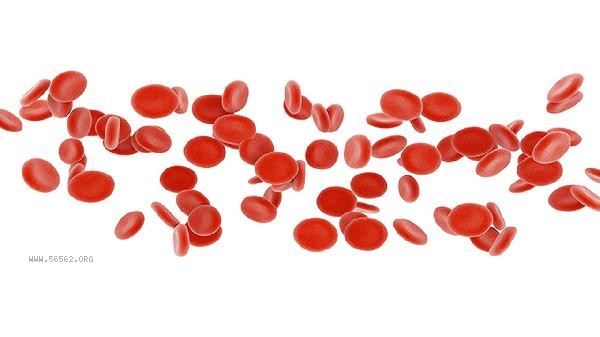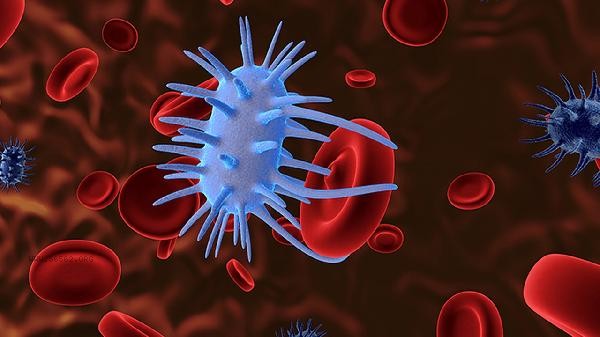A high urine red blood cell count may indicate abnormalities in the urinary system. Common causes include urinary tract infections, kidney stones, nephritis, prostate hyperplasia, and physiological hematuria after intense exercise.
1. Urinary tract infection: When bacteria invade the urethral or bladder mucosa and cause inflammation, it may lead to capillary rupture and bleeding. Typical symptoms include frequent urination, urgency, burning pain during urination, and elevated white blood cells in addition to red blood cells on urine routine examination. Treatment should choose sensitive antibiotics based on the pathogen results, and it is recommended to flush the urethra with at least 2000 milliliters of water per day.

2. Kidney stones: Scratching the renal pelvis or ureteral mucosa during the movement of
stones is a common cause, often accompanied by sudden lumbar and abdominal colic. B-ultrasound or CT can clearly determine the location and size of stones. Stones smaller than 5 millimeters can be expelled through the use of stone expelling drugs combined with jumping movements. For larger stones, extracorporeal shock wave lithotripsy should be considered.
3. Nephritis:
When the glomerular basement membrane is damaged, red blood cells leak into the urine, which may be accompanied by foam urine, eyelid edema and other symptoms. The pathological type needs to be determined through 24-hour urine protein quantification and renal biopsy. Treatment includes hormone shock therapy, immunosuppressants, and strict daily salt intake restrictions.

4. Benign prostatic hyperplasia:
Middle aged and elderly men experience difficulty urinating due to glandular compression of the urethra, and an increase in residual urine in the bladder can easily induce mucosal congestion. Digital rectal examination combined with PSA examination can be used for differential diagnosis. Mild cases can be treated with alpha blockers to improve urination, while severe hyperplasia requires transurethral resection of the prostate.
5. Physiological hematuria:
Intense exercise such as marathons may cause transient kidney ischemia, and red blood cells may pass through the glomerular filtration barrier. It usually disappears on its own within 72 hours, and can be confirmed by a negative urine routine examination. No special treatment is required, but high-intensity exercise should be avoided in the short term.
After discovering hematuria, it is recommended to record changes in urination symptoms and avoid consuming spicy foods and colored drinks. Maintain a daily water intake of 1500-2000 milliliters, and women should have a retest 3 days after their menstrual period to eliminate menstrual blood contamination. Painless hematuria over the age of 40 requires a focused examination of urinary system tumors, and if necessary, cystoscopy or enhanced CT examination should be performed. Long term sedentary individuals should get up and move around every hour to prevent the formation of urinary tract crystals. Pregnant women with hematuria should prioritize excluding gynecological inflammatory factors, while children with hematuria should consider the possibility of hereditary kidney disease.










Comments (0)
Leave a Comment
No comments yet
Be the first to share your thoughts!